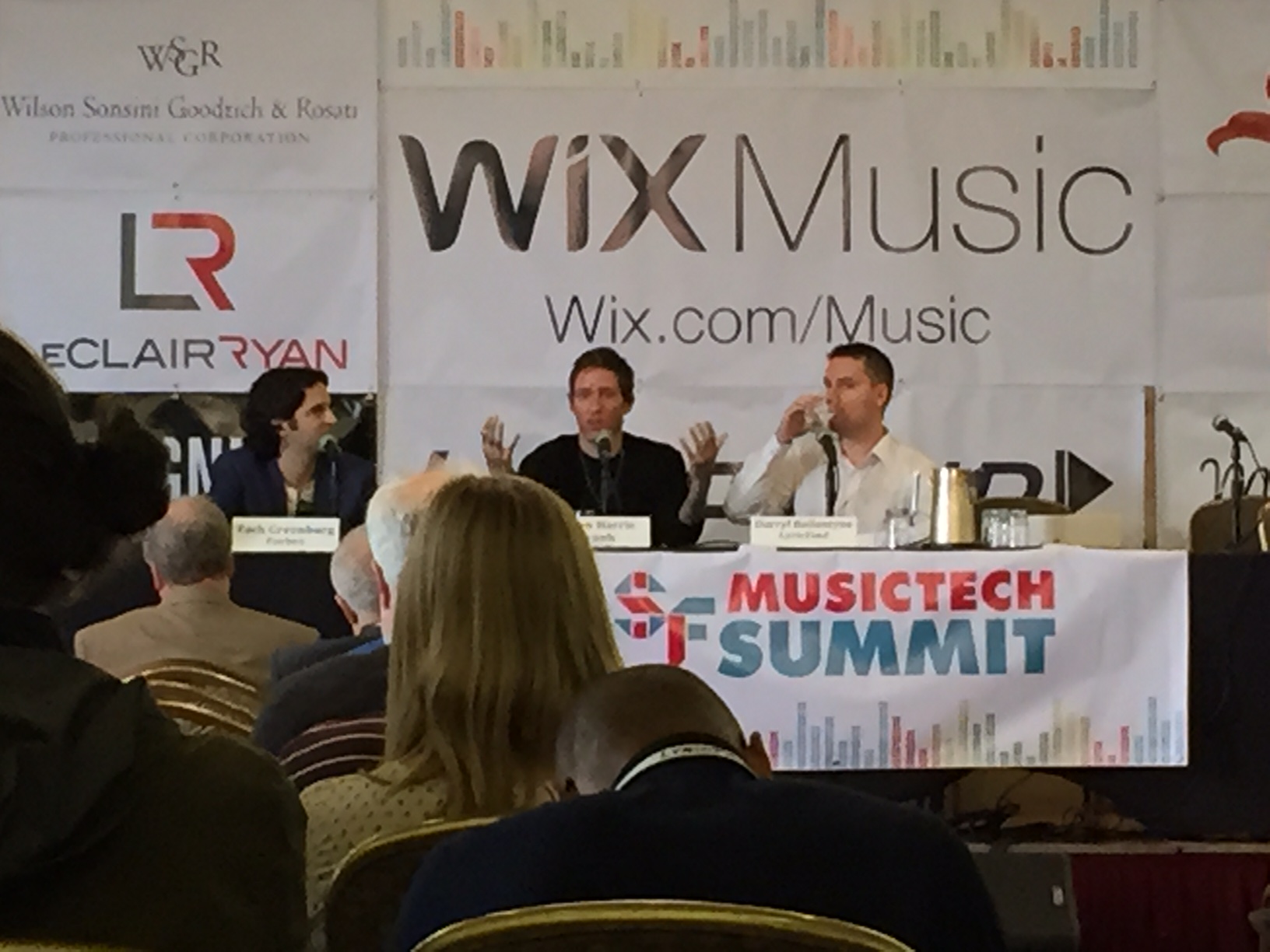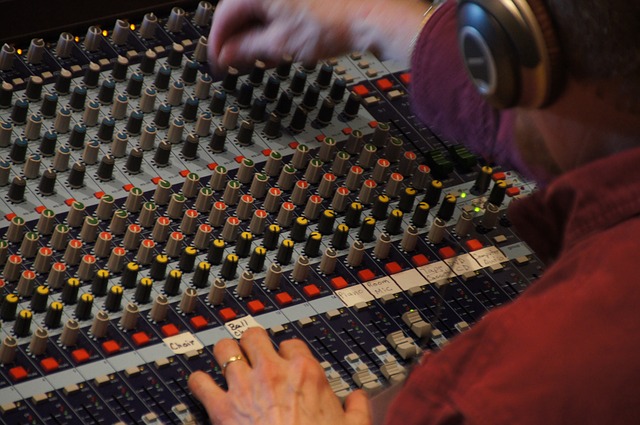 The audio (and video) industries have been around for decades now. I’d like to be able to say that we are still in our infancy to a certain extent, but because the industry has changed so much in the last few years it almost seems like we keep reverting to the early years each time we make changes. The fundamental tools have stayed the same for years, but moving from external equipment and physical relays to plug-ins and digital triggers has changed the way many people enter the industry and opened it up more people to participate casually. This has created quite an interesting environment throughout the industry where the most senior members who have been working for decades and were part of the original years of innovation are looking around as the new entrants come in with a sense of entitlement but not always an abundance of knowledge.
The audio (and video) industries have been around for decades now. I’d like to be able to say that we are still in our infancy to a certain extent, but because the industry has changed so much in the last few years it almost seems like we keep reverting to the early years each time we make changes. The fundamental tools have stayed the same for years, but moving from external equipment and physical relays to plug-ins and digital triggers has changed the way many people enter the industry and opened it up more people to participate casually. This has created quite an interesting environment throughout the industry where the most senior members who have been working for decades and were part of the original years of innovation are looking around as the new entrants come in with a sense of entitlement but not always an abundance of knowledge.
There is something to be gained and learned from those that have been around this industry since it became an industry. Think back to when you might have first heard the idea that there were audio (or video) engineers. The idea that someone could specialize in this field is relatively new, with many of the original pioneers coming out of electrical engineering and physics backgrounds. The part that saddens me is that I see so many people just starting out in their careers thinking that they have all the knowledge they need to be someone that deserves to be considered at the top of this industry, all while sitting in a room with 20, or even 30, year veterans who still work at understanding how the latest innovations can be utilized to improve what they bring to the table. However, there are also people that are not still improving after decades in the industry, those that started out and learned the best methods and practices for their time and then stopped moving forward with the industry.
No matter whether the senior member of your team has kept up with the technological movements or stalled at the beginnings of the digital age I promise you that they have something to teach you. When just starting out in this industry it is best to watch, listen, and learn what was being done long before you ever started. There are stories and experiences to share that can teach you lessons on more than just working with the equipment. They can teach you about people and situations that you will one day face, it might not be tomorrow or even 2 or 3 years from now, but at some point you might encounter a difficult client and the lessons that our experienced industry members have to share will apply. I remember a time when I was warned of running into a possible circumstance with an uptight, controlling client when I first started out in the industry. 5 years later I found myself running audio, video, and lighting for a fashion designer, and I was able to put that knowledge to use.
They key thing as you’re coming up, though, is to learn from those that came before you, but always remember that this is your career and it is up to you to determine where you want it to go. Be a sponge to learn from the veteran members and gain the understanding, not only of what they have done through their careers, but ask the question of why they did it. So many times people forget to ask why they should be doing something. Some people aren’t receptive to explaining why things should be done in a certain way, and there is a time and a place to ask the question (ie: not in the middle of a recording session, show, or production meeting), but if you can get someone to explain it to you that is knowledge you can apply later. Why is asking the ‘why’ question so important? Because it’s the equivalent to the old adage that teaching someone to fish is more beneficial than giving them a fish. As I said, the technology has changed drastically in this industry to the point where every few years it seems like we’re starting over in a certain aspect. If you understand why you adjust a signal processor in a specific way it won’t matter which processor you’re in front of in the future, you will know what adjustments can be made and will need to be made in order to get the results you’re looking for. This is how taking the knowledge of those that came before you becomes applying that knowledge to think for yourself. Using their experience to understand the best practices and principles and then piecing it together with your own reasoning and understanding of current technologies gives you the skills to excel and be someone that helps to teach the next generation that starts behind you.





1) Good article
2) Did you see the article that was going around the FB last month on Gen Y? Why Generation Y Yuppies Are Unhappy – http://www.huffingtonpost.com/wait-but-why/generation-y-unhappy_b_3930620.html